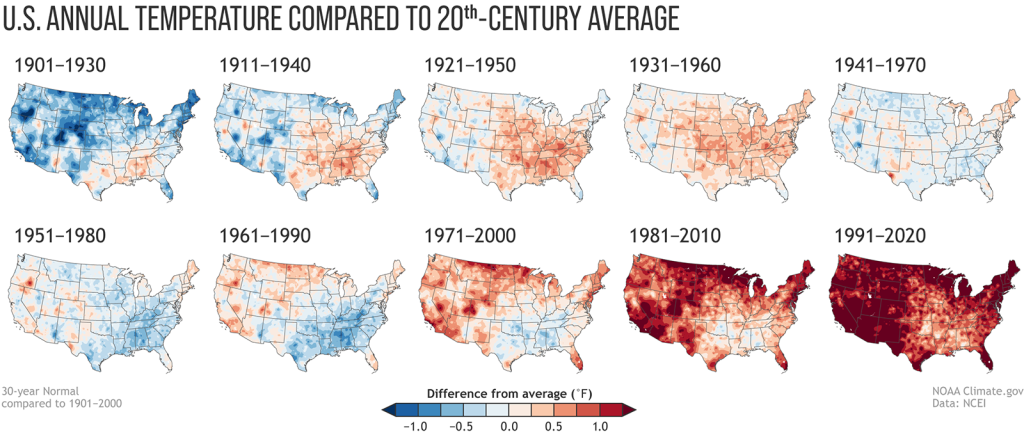Extreme Heat: A Silent Killer
When we think of deadly weather, tornadoes, hurricanes, and floods often come to mind. However, extreme heat is actually the deadliest form of weather in the United States. According to the National Oceanic and Atmospheric Administration (NOAA), heat kills more people each year than any other type of extreme weather, including floods, tornadoes, hurricanes, and lightning.
The Deadly Impact of Heat
From 1994 to 2023, an average of 1300 people died each year in the U.S. due to extreme heat. This is significantly higher than the average annual deaths from floods (127), tornadoes (80), hurricanes (48), and lightning (36). The deadliest year on record was 1995, when a heatwave in Chicago caused over 700 deaths. During this heatwave, temperatures soared to over 100 degrees Fahrenheit for five consecutive days, with nighttime temperatures providing little relief.
Why Heat is So Dangerous
Extreme heat can cause serious health problems, including heat exhaustion and heatstroke. Heat exhaustion occurs when the body loses too much water and salt through sweating, leading to symptoms like heavy sweating, weakness, dizziness, and nausea. If not treated, heat exhaustion can progress to heatstroke, a life-threatening condition where the body's temperature rises above 104 degrees Fahrenheit. Symptoms of heatstroke include confusion, seizures, and loss of consciousness.
Vulnerable Populations
Certain groups of people are more vulnerable to the effects of extreme heat. The elderly, young children, and people with chronic illnesses are at higher risk. Additionally, people living in homes without air conditioning or those who work outdoors are more likely to suffer from heat-related illnesses.
How to Stay Safe During Extreme Heat
- Backup Power: Electricity blackouts can happen during extreme heat events. Having a gas or electric generator to power devices, fridges & air conditioning is critical.
- Stay Hydrated: Drink plenty of water, even if you don't feel thirsty. Avoid drinks with caffeine or alcohol, as they can dehydrate you. In case of energy blackouts, having a water filtration
- Stay Cool: Spend as much time as possible in air-conditioned buildings. If you don't have air conditioning at home, visit public places like shopping malls or libraries.
- Limit Outdoor Activities: Avoid strenuous activities during the hottest parts of the day. If you must be outside, take frequent breaks in the shade and wear lightweight, light-colored clothing.
- Check on Vulnerable People: Make sure elderly family members, neighbors, and friends are staying cool and hydrated.
Community Measures
To help prevent heat-related deaths, many cities have implemented measures such as opening cooling centers and improving communication about the dangers of extreme heat. The National Weather Service has also expanded its "HeatRisk" tool, which helps communities understand the severity of upcoming heatwaves and take appropriate actions.
Conclusion
Extreme heat is a serious and often underestimated threat. By understanding the risks and taking steps to stay cool and hydrated, we can protect ourselves and our loved ones from the dangers of extreme heat. Remember, staying informed and prepared can make all the difference during a heatwave.

